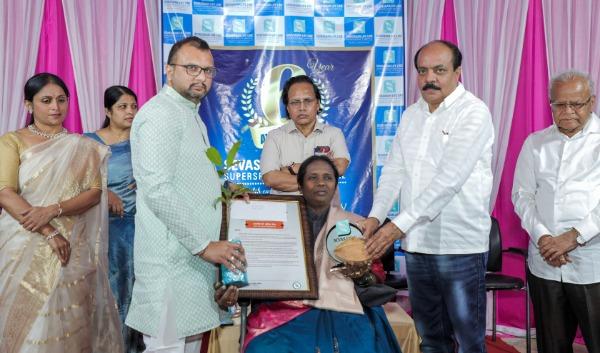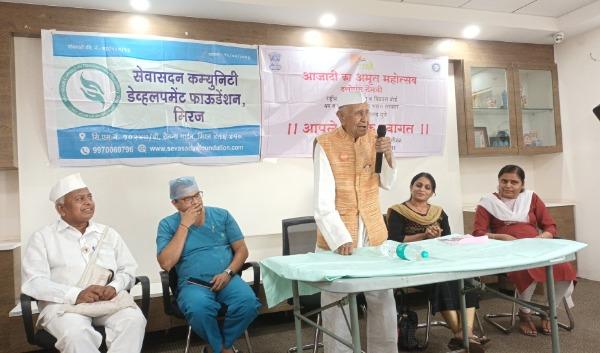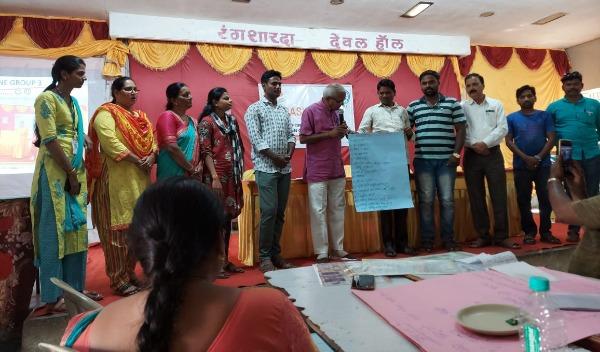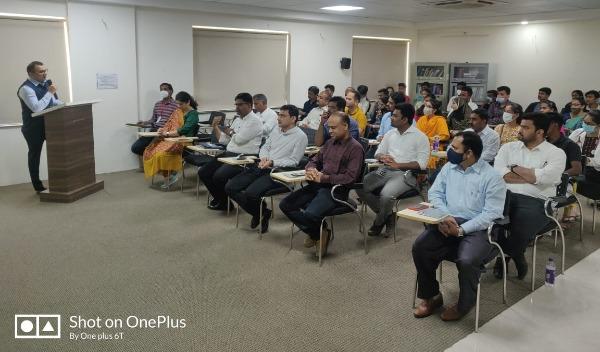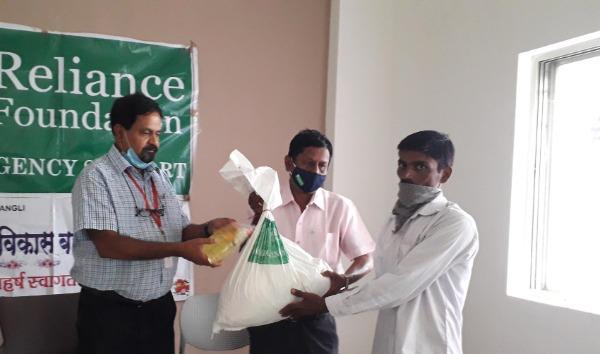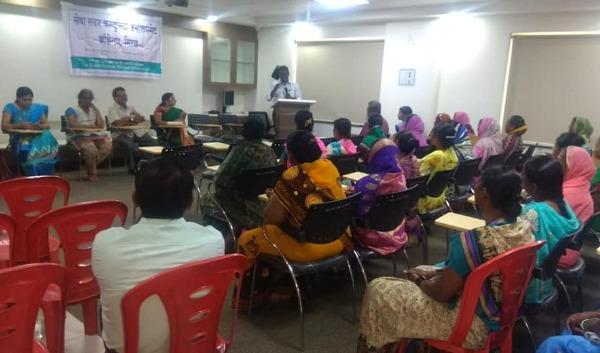
Empowering Women in Sanitation Work: Haldi Kunku Program
The Sevasdan Community Development Foundation organized a special program, "Haldi Kunku," for women engaged in sanitation work under the Sangli-Miraj-Kupwad Municipal Corporation. This initiative aimed not only to celebrate these women but also to raise awareness about their health issues. The event was presided over by Mrs. Sarojini Patil and included various activities to honor and support the women working in sanitation.
Key Highlights of the Haldi Kunku Program:
Celebrating Women's Contribution:
The program was a recognition and celebration of the valuable contribution made by women engaged in cleaning and sanitation work. It aimed to acknowledge their hard work and dedication to public service.
Haldi Kunku Ceremony:
The traditional Haldi Kunku ceremony was organized as part of the program. This ceremony involves applying turmeric (haldi) and offering vermilion (kunku) as a symbol of goodwill and auspiciousness.
Health Awareness:
Alongside the celebratory aspects, the program incorporated awareness sessions on health issues faced by women in sanitation work. This included discussions about common health problems and preventive measures.
Distribution of Sanitary Pads and Sugar:
As a gesture of support, sanitary pads and sugar were distributed to the women participating in the program. This practical assistance aimed to address specific needs and contribute to their well-being.
Dignity and Respect:
The overall objective of the program was to emphasize the dignity and respect that these women deserve for their essential role in maintaining public hygiene. It sought to change perceptions and foster a sense of pride in their work.
Participation of Medical Professionals:
Medical professionals, including Dr. Tate, Dr. Rohini Kulkarni, and other municipal corporation staff, were present at the event. Their presence underscored the importance of health awareness and the commitment to address the well-being of sanitation workers.
Empowering Women in Sanitation:
The Haldi Kunku program organized by the Sevasdan Community Development Foundation represents a meaningful effort to empower and uplift women engaged in sanitation work. By combining cultural traditions, health awareness, and tangible support, the program aimed to create a positive impact on the lives of these women, recognizing their vital role in public service.
Conclusion:
Empowering women in sanitation goes beyond recognizing their labor; it involves addressing their specific needs, promoting health awareness, and fostering an environment of respect and dignity. The Haldi Kunku program exemplifies a holistic approach toward supporting and celebrating the women working in essential sanitation roles.

